A new poll from Navigator Research, conducted by the Global Strategy Group, has bad news for Republicans who've indicated they plan to run in lockstep with President Donald Trump for re-election this November. The poll found that Republican support suffers when Republicans center their campaigns around the president's personality and record. Democrats, however, enjoy a lead when they portray Republicans as Trump's "servants."
The poll's findings benefit Democrats significantly:
- On a generic ballot for Congress, Democrats had a 8-point lead, 45 percent to 37 percent.
- 52 percent of those surveyed said they would prefer a Democrat who mostly opposes Trump; 39 percent said they would prefer a Republican who mostly supports him.
- 50 percent of those surveyed said they would prefer a Democrat who would serve as a "check and balance" against Trump compared to 38 percent who said they would prefer a Republican who would help codify the president's legislative agenda. (“’Check and balance’ is the better framing for avoiding backlash among those who are generally more supportive of Trump,” the pollsters wrote.)
- 42 percent of independent voters said campaigning with Trump would make them "much less likely" to vote for a candidate in November's midterm elections compared to 12 percent who said the same action would make them "somewhat less likely" to vote in November.
Talking about Trump is also a delicate matter. The poll recommends that Democrats attack Republicans for failing to rein Trump in, and nearly 60 percent of independent voters said that issue would make them less likely to support a candidate in November. The pollsters note that, when talking about politicians who support Trump, Democrats should describe them as “showing no backbone, putting party over country, and acting like Yes Men." Language calling Republicans "complicit" in Trump's actions does not sway swing voters, the pollsters found.
Global Strategy Group conducted the national online survey of 1,028 registered voters from Aug. 2 to Aug. 5. There was also a survey of an additional 100 independent voters.
The Global Strategy Group poll comes as Gallup's latest poll shows that the president earned a 39 percent approval rating with 56 percent disapproving of his performance. Gallup a week earlier had shown a 41 percent approval rating for Trump, and a RealClear Politics average of other polls conducted this month "reflected a median 43.3 percent approval rating compared to a 52.2 percent disapproval rating."
Gallup’s latest approval rating of Trump came at the 569-day mark in his first term, at a time when President's Clinton, Reagan, and Carter each had similarly lackluster ratings.
Trump's approval ratings have been dealt significant blows because of his approval of dictators, and his approval rating dipped to 38 percent after his meeting with Russian leader Vladimir Putin in July, and, more specifically, after he sided with Putin over the assessment from U.S. intelligence agencies that Russian operatives had launched cyberattacks against the United States in its attempt to subvert the 2016 presidential election and undermine American democracy.
According to a Quinnipiac poll conducted last month, 38 percent of Americans believe the president is faring well in office compared to 58 percent who believe he is not. That’s a stark differential from a negative 43 – 52 percent rating in a June 20 Quinnipiac poll after Trump’s summit with North Korean leader Kim Jong Un.
Quinnipiac observes:
The president’s only clear support among listed groups is from Republicans, who approve 82 – 15 percent, and white evangelical Christians, who approve 71 – 26 percent. White voters with no college degree are split 49 – 47 percent and white men are divided as 49 percent approve and 47 percent disapprove.Voters disapprove 58 – 38 percent of the way Trump is handling foreign policy and say 51 – 35 percent that he has weakened the U.S. position as leader of the free world.
Public opinion on special counsel Robert Mueller’s Russia investigation has also caused the president’s approval rating to sour considerably:
Trump did not collude with the Russian government to influence the 2016 presidential election, American voters say 48 – 39 percent. But voters are divided on whether the Trump campaign colluded with the Russians, as 46 percent say it did and 44 percent say it did not.Special Counsel Robert Mueller is conducting a fair investigation into possible collusion, voters say 55 – 31 percent.
This investigation is “legitimate,” 54 percent of voters say, while 40 percent say it is a “witch hunt.”
A total of 63 percent of voters are “very concerned” or “somewhat concerned” that the Russian government may try to interfere in the 2018 elections, as 36 percent are “not so concerned” or “not concerned at all.”
That said, 51 percent of American voters say “that the Russian government has compromising information about President Trump,” compared to 35 percent who don’t believe the Russian government has any compromising information about the president at all.
The majority of Republicans (70 percent) say they don’t believe there is compromising information and Republicans, Quinnipiac observes, are “the only listed party, gender, education, age or racial group which does not believe it.”



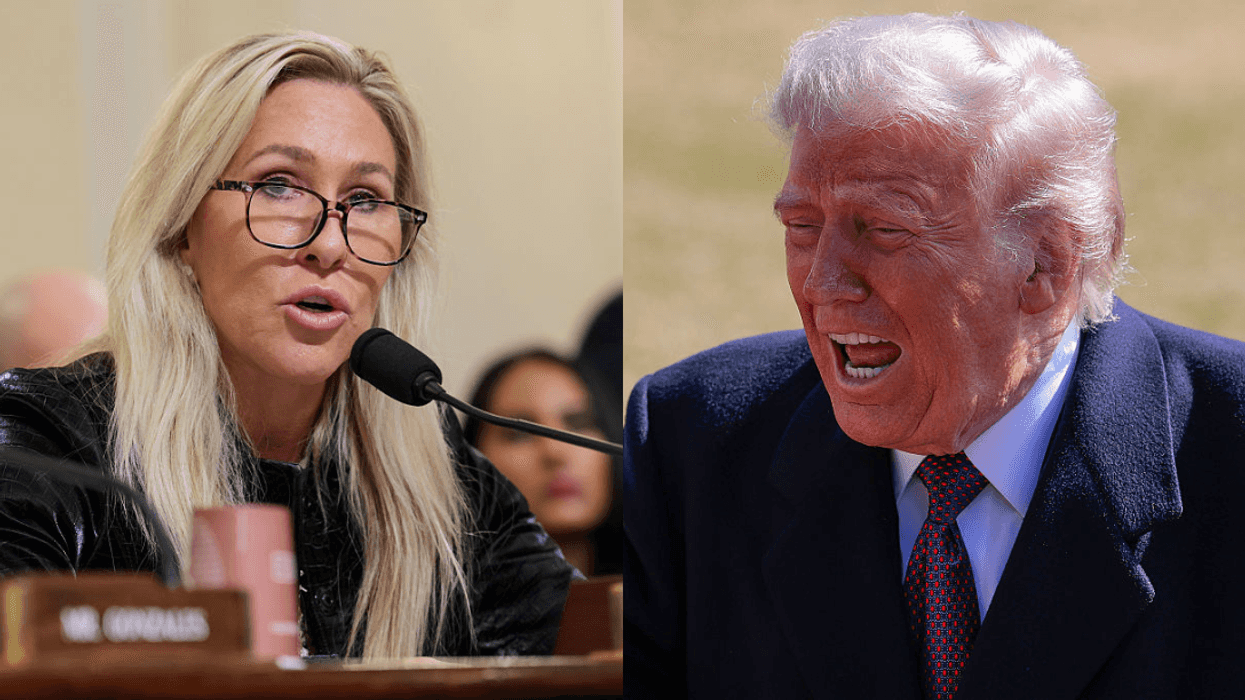


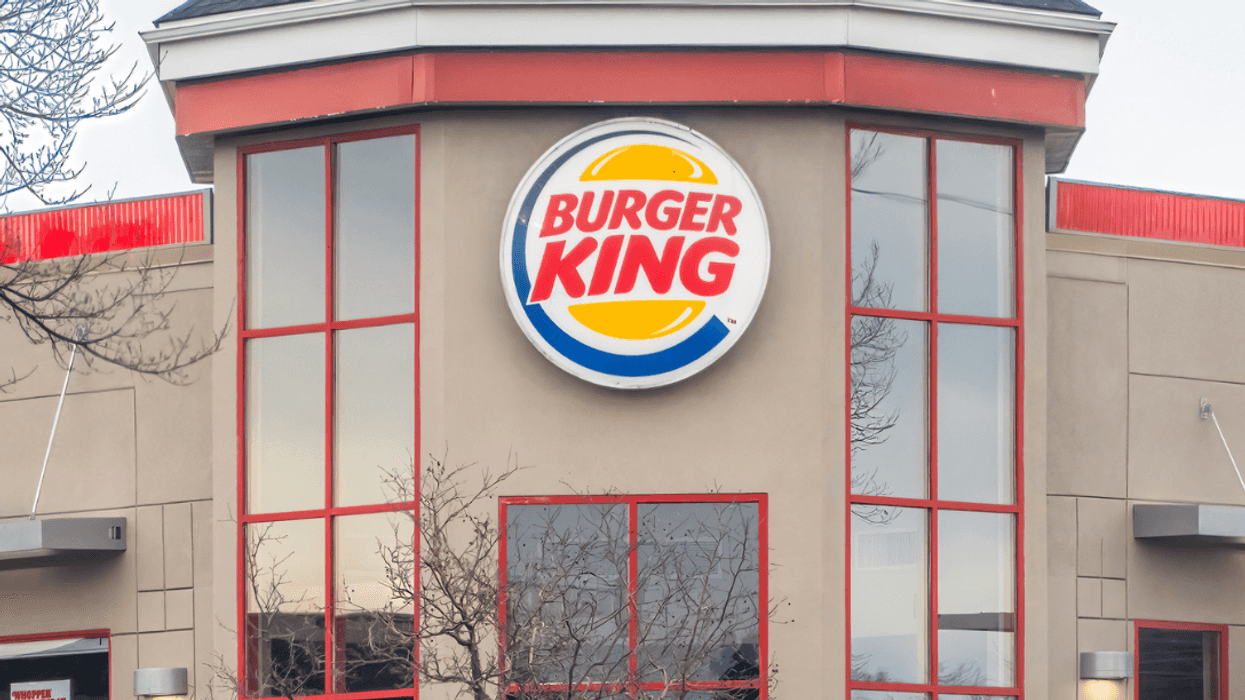




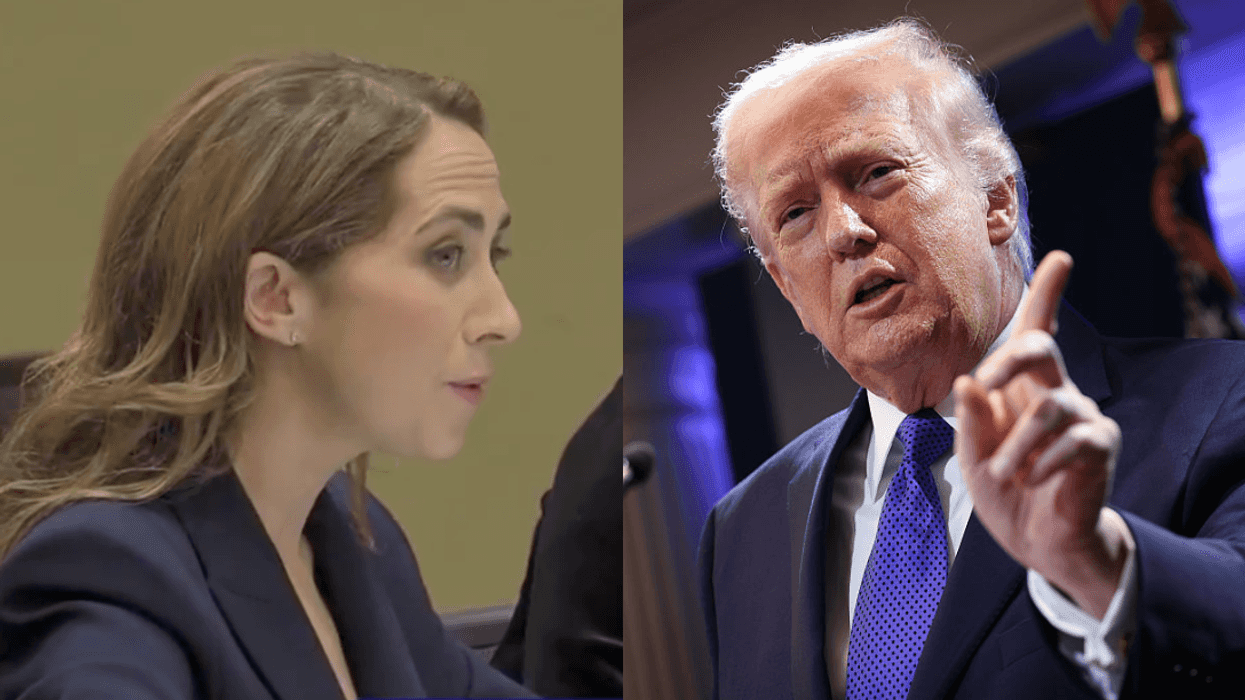


 Reset Era
Reset Era r/WorkReform/Reddit
r/WorkReform/Reddit r/WorkReform/Reddit
r/WorkReform/Reddit Reset Era
Reset Era Reset Era
Reset Era r/WorkReform/Reddit
r/WorkReform/Reddit Reset Era
Reset Era r/WorkReform/Reddit
r/WorkReform/Reddit Reset Era
Reset Era r/WorkReform/Reddit
r/WorkReform/Reddit Reset Era
Reset Era Reset Era
Reset Era r/WorkReform/Reddit
r/WorkReform/Reddit Reset Era
Reset Era r/WorkReform/Reddit
r/WorkReform/Reddit Reset Era
Reset Era r/WorkReform/Reddit
r/WorkReform/Reddit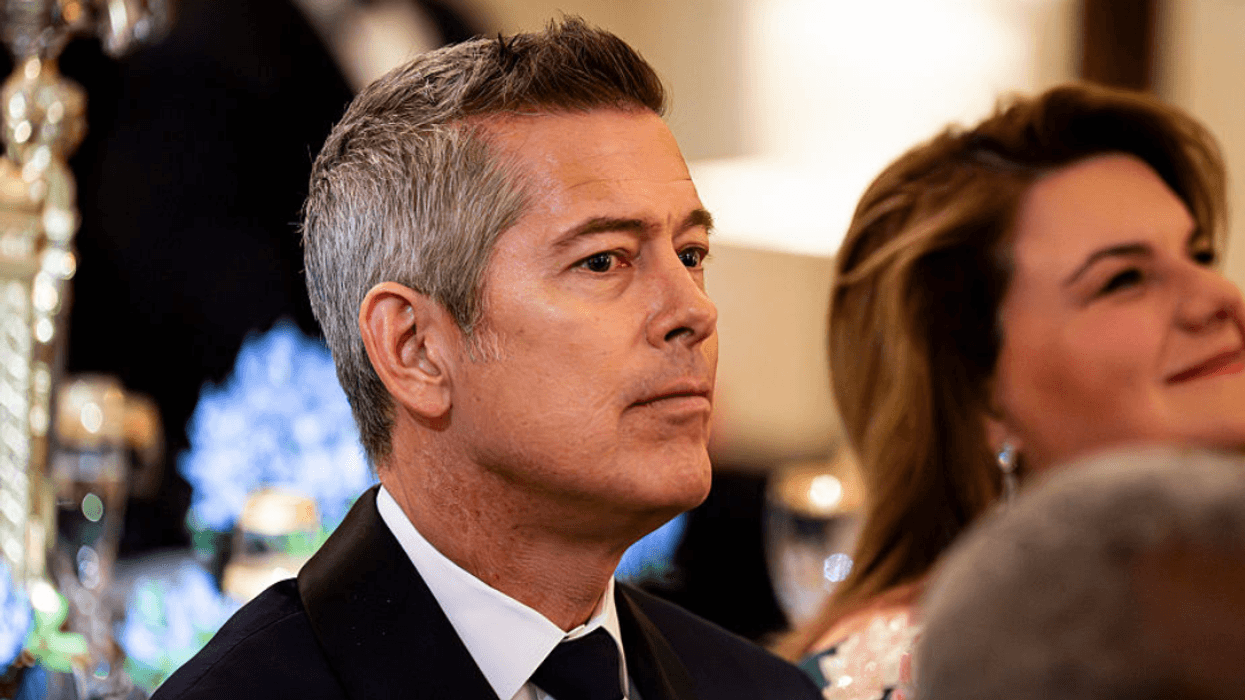
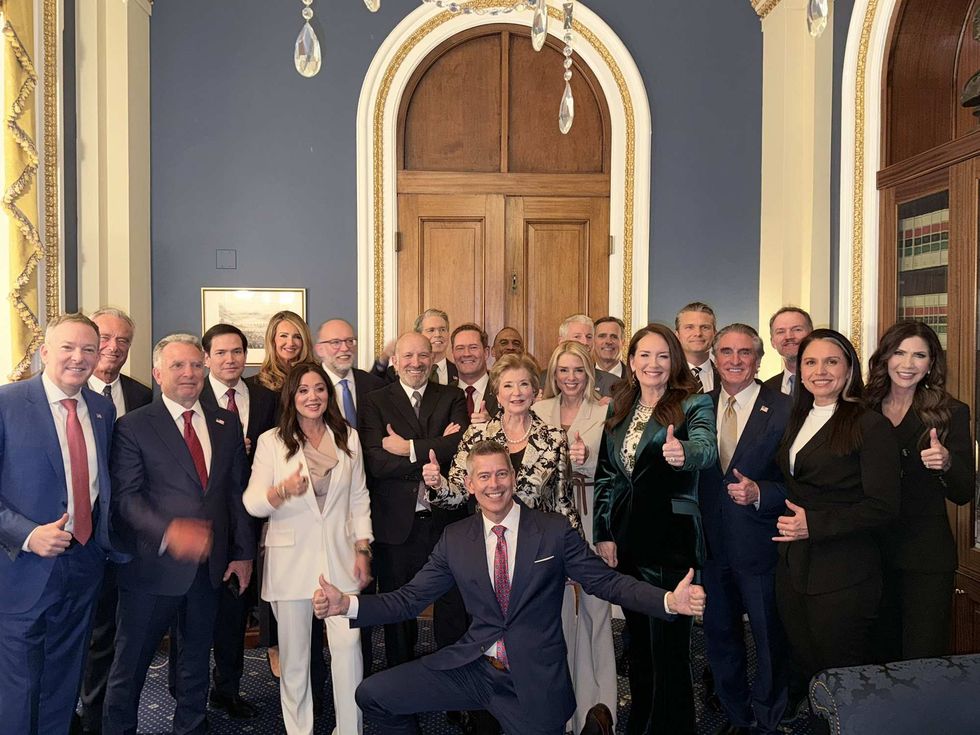 @SecDuffy/X
@SecDuffy/X

 @WhiteHouse/TikTok
@WhiteHouse/TikTok @WhiteHouse/TikTok
@WhiteHouse/TikTok @WhiteHouse/TikTok
@WhiteHouse/TikTok @kevdsmith/X
@kevdsmith/X